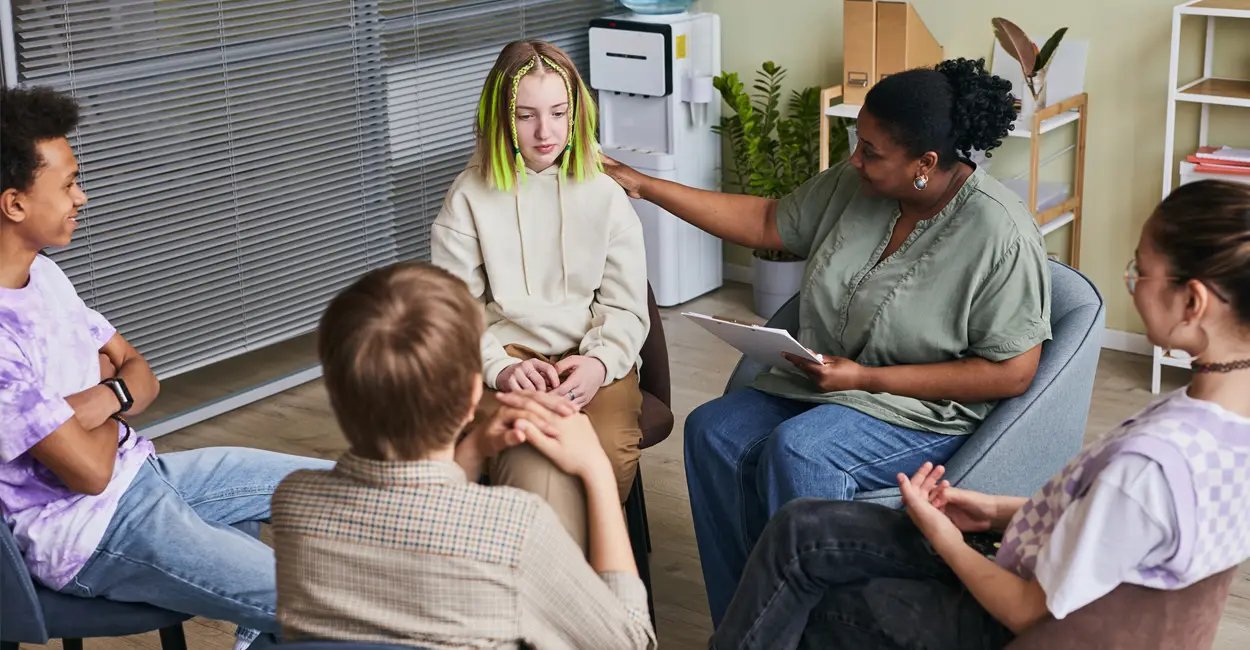24/7 Helpline:
(866) 899-221924/7 Helpline:
(866) 899-2219
Learn more about PTSD Treatment centers in Casmalia
PTSD Treatment in Other Cities

Other Insurance Options

Optima

Excellus
Beacon

Lucent

Kaiser Permanente

BlueCross

BlueShield

ComPsych

Holman Group

Evernorth

State Farm

Access to Recovery (ATR) Voucher

Amerigroup

American Behavioral

PHCS Network

Molina Healthcare

Cigna

Medical Mutual of Ohio

Magellan Health

Health Net











